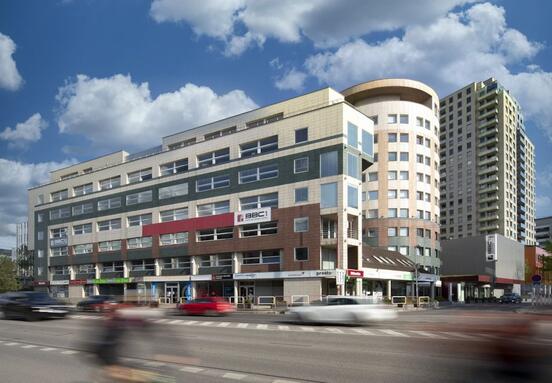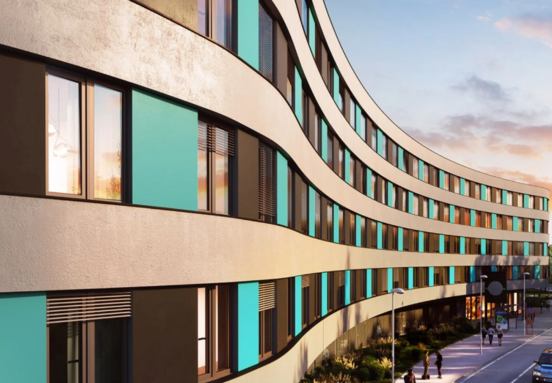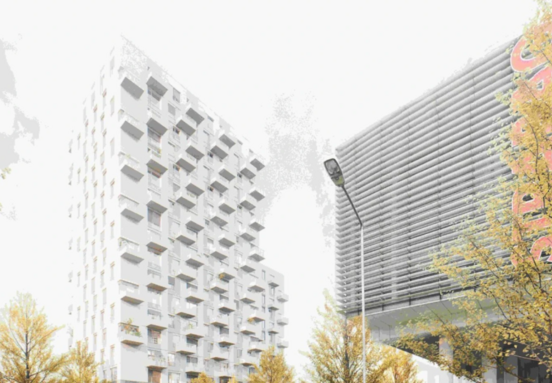The Rise of Generation Z in the Workforce
Generation Z (born 1996-2012) is rapidly becoming a dominant force in the global workforce, bringing with them a fresh set of expectations and priorities. Unlike previous generations, their approach to work is significantly shaped by digital fluency, social consciousness, and a deep desire for purpose. For businesses aiming to secure future talent, understanding these shifts is not just beneficial—it's essential for survival and growth.
Beyond Compensation: What Gen Z Truly Seeks
While fair financial compensation remains important, Gen Z looks far beyond the paycheck. Their priorities paint a clear picture for employers:
- Meaningful Work: They want to contribute to something bigger, understanding the impact of their work.
- Work-Life Balance: A clear separation and respect for personal time is paramount.
- Growth and Learning: Opportunities for continuous skill development and career progression are highly valued.
- Authenticity and Open Communication: They appreciate transparency, honest feedback, and a culture where they can be themselves.
- Flexibility as a Standard: Hybrid work, remote options, and flexible hours are not seen as perks but as fundamental expectations.
Why Superficial Benefits Fall Flat
Traditional "perks" like fruit days or casual Fridays are increasingly ineffective if not backed by genuine care for employees and equitable compensation. Gen Z is less loyal to companies that fail to support their professional growth or provide constructive feedback. They seek a holistic employee experience that aligns with their values, not just superficial add-ons.
The Office Space Reinvented: Adapting for Gen Z
These evolving expectations have a profound impact on how businesses should view and utilize their office and warehouse spaces. The traditional office model is no longer sufficient.
- Flexibility and Hybrid Models are Key: Office spaces must support a hybrid work environment, offering options for focused individual work, dynamic collaboration, and seamless remote integration. This means flexible layouts, advanced tech infrastructure, and hot-desking solutions.
- Spaces for Connection and Collaboration: While remote work is embraced, the office becomes a hub for intentional connection. Design spaces that foster collaboration, mentorship, and team building. Think versatile meeting rooms, informal breakout areas, and communal zones.
- Prioritizing Well-being and Growth: Gen Z values environments that support their overall well-being. Consider dedicated quiet zones, areas for relaxation, natural light, and access to amenities that promote health and mindfulness. Office layouts should also facilitate impromptu learning and knowledge sharing.
- Authenticity Reflected in Design: The physical workspace should genuinely reflect the company's culture and values. An authentic, inclusive, and modern office environment reinforces the company's commitment to its employees and helps build a strong brand identity.
- Modern Amenities and Technology: Seamless technology, high-speed internet, and adaptable furniture are non-negotiable. Modern office spaces should be designed to empower productivity and innovation, not hinder it.
Securing Your Future Talent with the Right Workspace
Attracting and retaining Gen Z talent requires more than competitive salaries; it demands a fundamental shift in company culture and the intelligent utilization of workspace. Businesses that offer true flexibility, invest in their employees' growth, foster an authentic culture, and provide modern, adaptable office environments will be best positioned to thrive in the evolving professional landscape. Your office space is no longer just a place to work; it's a strategic asset in the battle for top talent.
Source: kancelarie.sk







